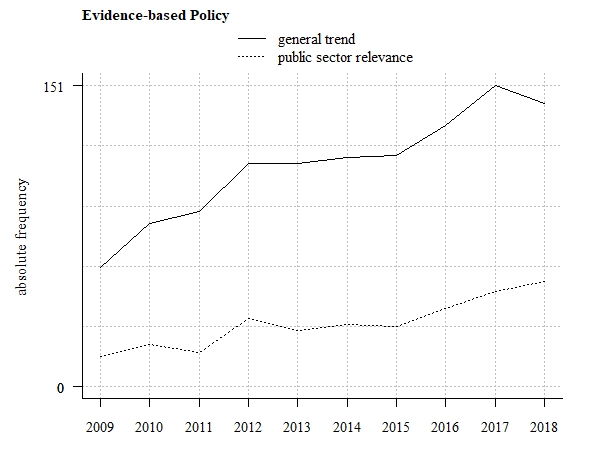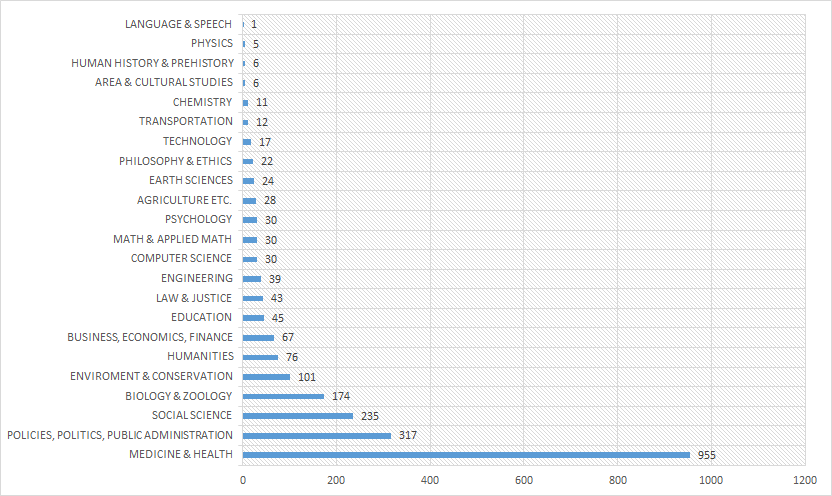Open data - Download the Knowledge base
You are free to download the data of this Knowledge base.
To do this you must be an authenticated user: log in or sign in now.
All the data are licensed as Creative Common CC-BY 4.0.
Evidence-based policy refers to policy decisions that are informed by objective evidence. Without evidence, policy-makers need to fall back on intuition, ideology, or conventional wisdom.
Originally, the concept has evolved in the medicine, encompassing the toolbox of quantitative experimental methods such as randomized controlled trials or quasi-experimental trials to support medical decisions.
Evidence-based policy has been adopted to drive the policy making process by analysing all available options, impacts, direct and indirect effects, as well as environmental influences. [1]
E-Policy or Policy 4.0 concepts, which base on a data-driven policy design that takes into account the contemporary rising of big data and data analytics, are one step ahead. Since Big Data brings along the possibility of real-time processing, evaluation results become available at the very moment data arrives. The concepts encompasses a newly shaped policy cycle in which evaluation happen continuously, rather than at the end of the process, but opening permanent possibilities of reiteration, reassessment and consideration. [2]


| Agenda Setting | Policy Design and Analysis | Policy Implementation | Policy Monitoring and Evaluation | |
|---|---|---|---|---|
| Agriculture, Fisheries, Forestry & Foods | ||||
| Economy & Finance | ||||
| Education, Youth, Culture & Sport | ||||
| Employment & Social Security | ||||
| Environment & Energy | ||||
| Health | ||||
| Foreign Affairs and Defence | ||||
| Justice, Legal System & Public Safety | ||||
| Public Affairs | ||||
| Innovation, Science & Technology | ||||
| Urban Planning & Transport | ||||
| Institutional Questions / Internal Affairs |
You are free to download the data of this Knowledge base.
To do this you must be an authenticated user: log in or sign in now.
All the data are licensed as Creative Common CC-BY 4.0.